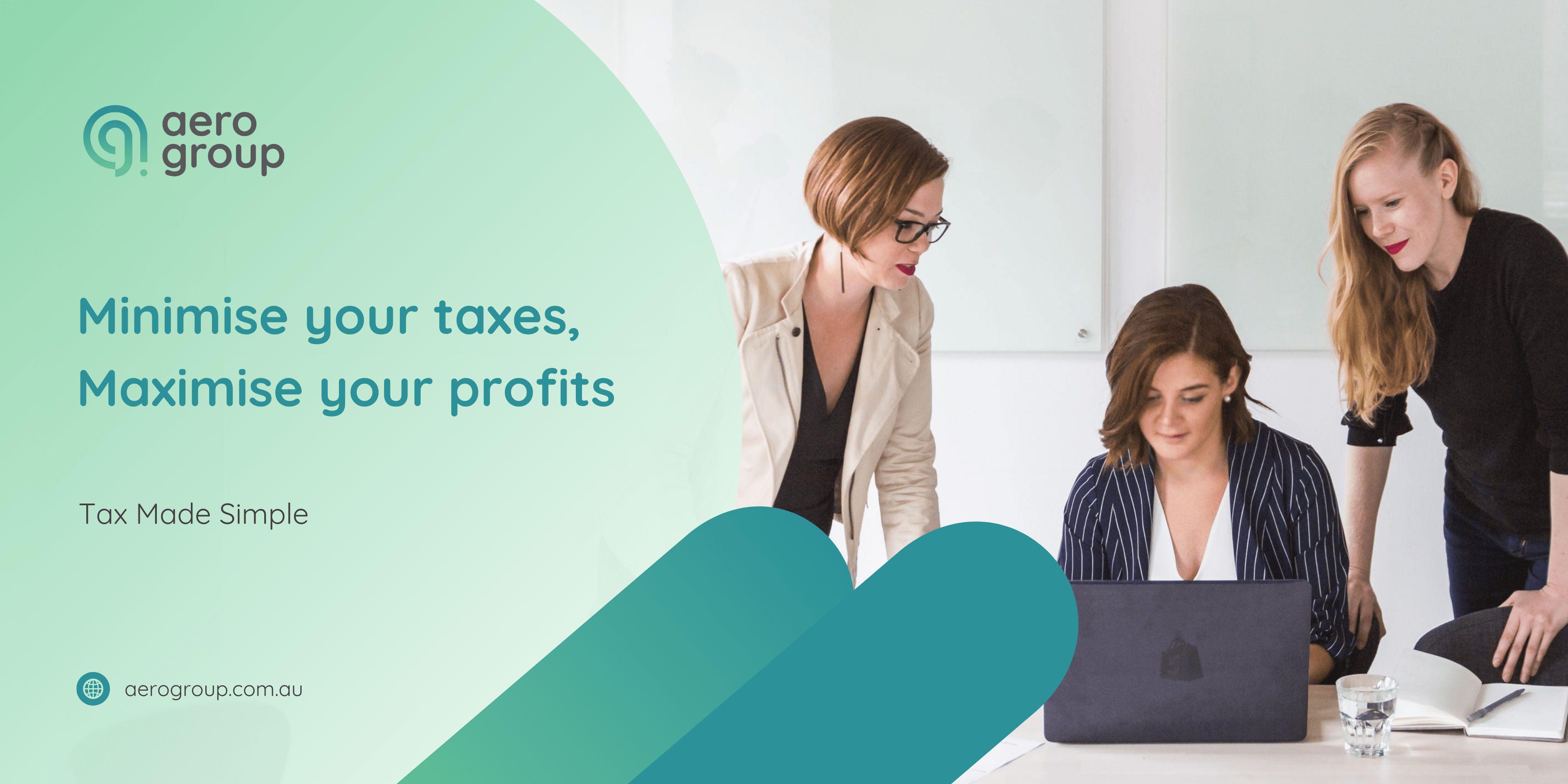
Tax Residency in Australia: Rules, Categories, and Implications for Foreign Income
Understanding your tax residency status is critical when engaging with Australia’s tax system. Whether you’re an expat, a temporary worker, or just moved to Australia, your residency status determines how much tax you pay, what income you need to declare, and how capital gains tax (CGT) applies to you. Let’s explore the categories of tax residency in Australia, how they affect your income tax, and the implications for foreign income.
What Is Tax Residency in Australia?
Your tax residency status isn’t necessarily linked to your citizenship or immigration status. It’s defined by specific residency tests set by the Australian Taxation Office (ATO). This status determines which income is taxed, at what rates, and how capital gains tax, Medicare levy, and other taxes apply.
Categories of Tax Residency:
Australian Resident for Tax Purposes: You must declare all worldwide income, but you can claim a foreign income tax offset to avoid being taxed twice on the same income.
Foreign Resident: You’ll be taxed only on your Australian-sourced income, with no access to the tax-free threshold or Medicare levy exemptions.
Temporary Resident: Only your Australian-sourced income and certain short-term overseas earnings need to be declared, while other foreign income is exempt.
Key Residency Tests
The Resides Test: This evaluates whether you physically reside in Australia, taking into account factors like your family ties, assets, and employment.
The Domicile Test: If your permanent home is in Australia, you’re considered a resident unless you can prove your abode is overseas.
The 183-Day Test: Spending more than 183 days in Australia during a tax year makes you a resident for tax purposes, provided you don’t have a permanent residence abroad.
The Commonwealth Superannuation Fund Test: Certain government employees automatically qualify as Australian residents for tax purposes, regardless of their location.
Practical Examples of Tax Residency
Relocating for Work: If you’re an Australian citizen moving overseas for a few years but plan to return, you may still be considered a tax resident based on the domicile test. This impacts how much tax you pay on your worldwide income.
Studying in Australia: International students on long-term visas are generally considered tax residents, meaning they must declare all their Australian earnings and, in some cases, foreign income.
Extended Overseas Stay: If you move abroad but retain strong ties to Australia, like owning property, you could still be classified as a tax resident, affecting your obligations for capital gains tax.
Special Considerations for Expats and Working Holidaymakers
Australia’s tax laws also accommodate unique groups such as working holiday makers and dual residents. Working holiday makers are subject to special tax rates, while dual residents—those taxed in two countries—can benefit from double tax treaties to avoid being taxed twice on the same income.
Why Your Tax Residency Matters
Your tax residency status affects more than just your income tax. It also determines:
Whether you qualify for the CGT discount on your investments.
Whether you must pay the Medicare levy and the Medicare levy surcharge.
What income you need to declare, especially if you have overseas income or assets.
Failing to correctly determine your residency status can result in costly mistakes, including overpayment of tax, or other penalties.
Need Help? Speak to Aero Accounting Group
At Aero Accounting Group, we specialize in helping individuals and businesses navigate the complexities of Australian tax laws, including tax residency status. Whether you’re in Canberra, Gold Coast, or Brisbane our team of tax experts is here to ensure you meet your obligations while maximizing your tax benefits.
Contact us today to schedule a consultation and get personalized advice on your tax residency status.

Need help?
Not sure if your current accountant is a good long-term fit? Contact us at Aero Accounting Group today and we’ll help you minimise your taxes and maximise your profits





